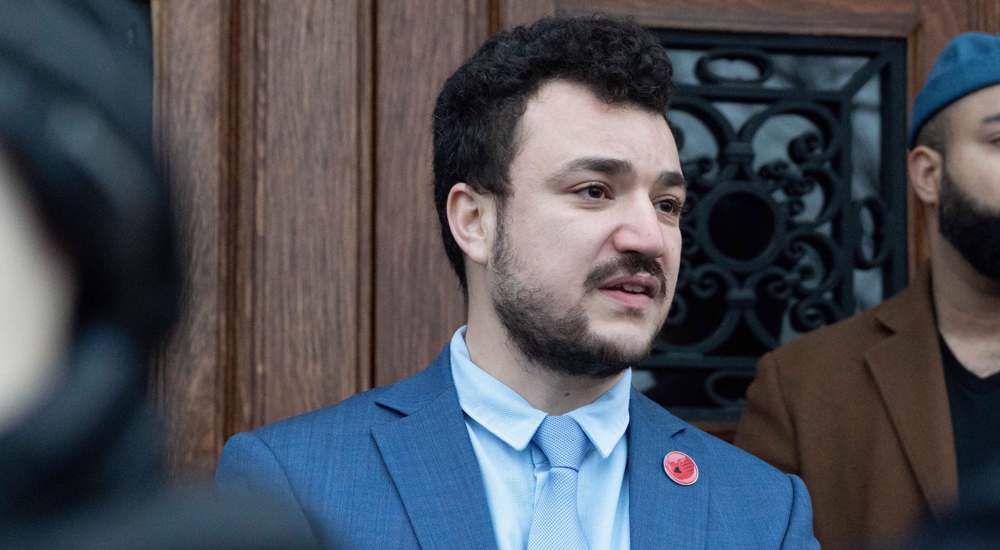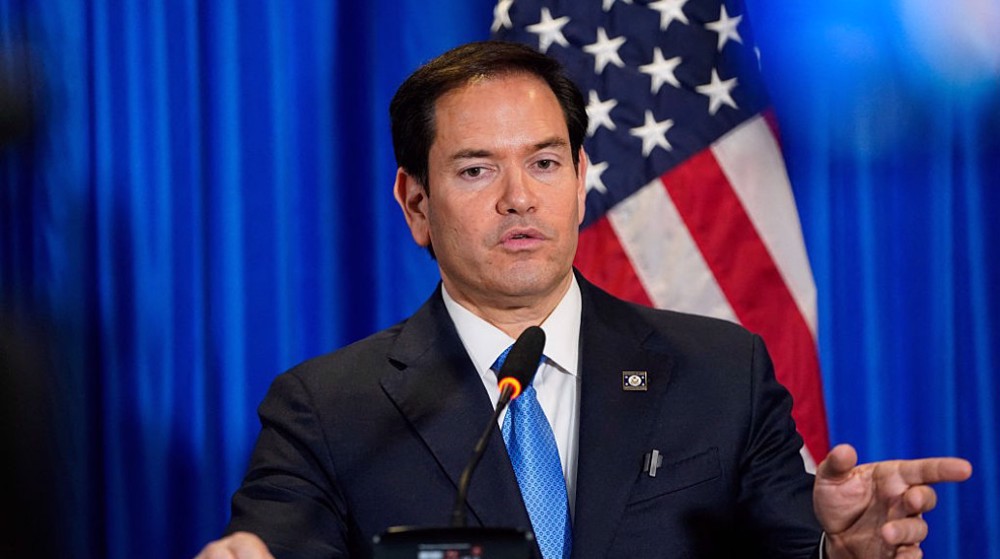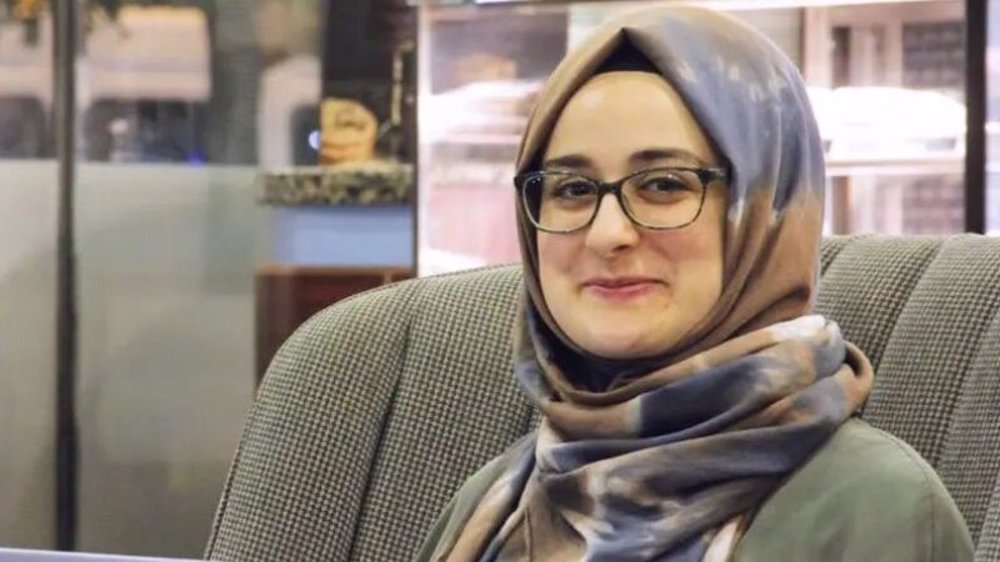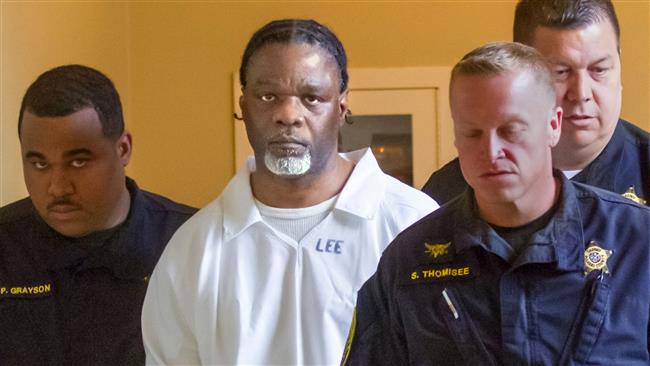Arkansas puts Ledell Lee to death, first in series of planned executions
The US state of Arkansas has carried out its first execution in nearly a dozen years, moving ahead with a plan to execute several inmates by the end of this month.
Ledell Lee was put to death at 11:56 pm Thursday, four minutes before his death warrant was due to expire, after the US Supreme Court rejected eleventh-hour appeals to stay the execution.
He was executed by injection of three lethal drugs, including one that has caused controversy.
Lee, 51, was on death row since 1993, when he was arrested and charged with the murder of his neighbor Debra Reese.
Lee maintained his innocence through his lawyers and a state judge threatened to block the state from using one of its execution drugs.
The state Supreme Courtm however, ruled that authorities could use the drug vecuronium bromide that a supplier said the state had obtained by misleading the company.
The ruling allowed Lee’s death sentence to be carried out, making him the first inmate in Arkansas to be executed since 2005.
McKesson Corp. the company that produces the drug, said in a statement that the state obtained the drug under false pretenses and that it wanted nothing to do with executions.
"We believe we have done all we can do at this time to recover our product," the company said.
Republican Governor Asa Hutchinson, who had set the execution schedule less than two months ago, was frustrated by the legal debate surrounding the issue.
"Through the manipulation of the judicial system, these men continue to torment the victims' families in seeking, by any means, to avoid their just punishment," the state prosecutors said in a joint statement on Thursday.
Arkansas is rushing to execute seven more death-row inmates before its supply of midazolam, another drug the state uses in executions, expires.
"Apparently the reason the state decided to proceed with these eight executions is that the 'use by' date of the state's execution drug is about to expire,” Justice Stephen Breyer said in a dissent.
“In my view, that factor, when considered as a determining factor separating those who live from those who die, is close to random," Breyer wrote.

Columbia University laid groundwork for my abduction: Detained student

US orders social media screening for student visa applicants to bar those critical of Israel

US detains pro-Palestine university student after revoking her visa
VIDEO | Mass protests sweep major European cities against Trump-Musk intervention
Lost childhood: In Gaza, a child is killed by Israel using US arms every 45 mts
Hamas hails Microsoft employee for exposing company’s role in Gaza genocide
VIDEO | Press TV's News Headlines
VIDEO | Hundreds march in Lisbon to demand better working conditions
Fractured Ummah: Leadership crisis, disunity undermines Palestinian cause
Iran says US war talk makes direct negotiations irrelevant
VIDEO | Trump tariff armageddon







 This makes it easy to access the Press TV website
This makes it easy to access the Press TV website